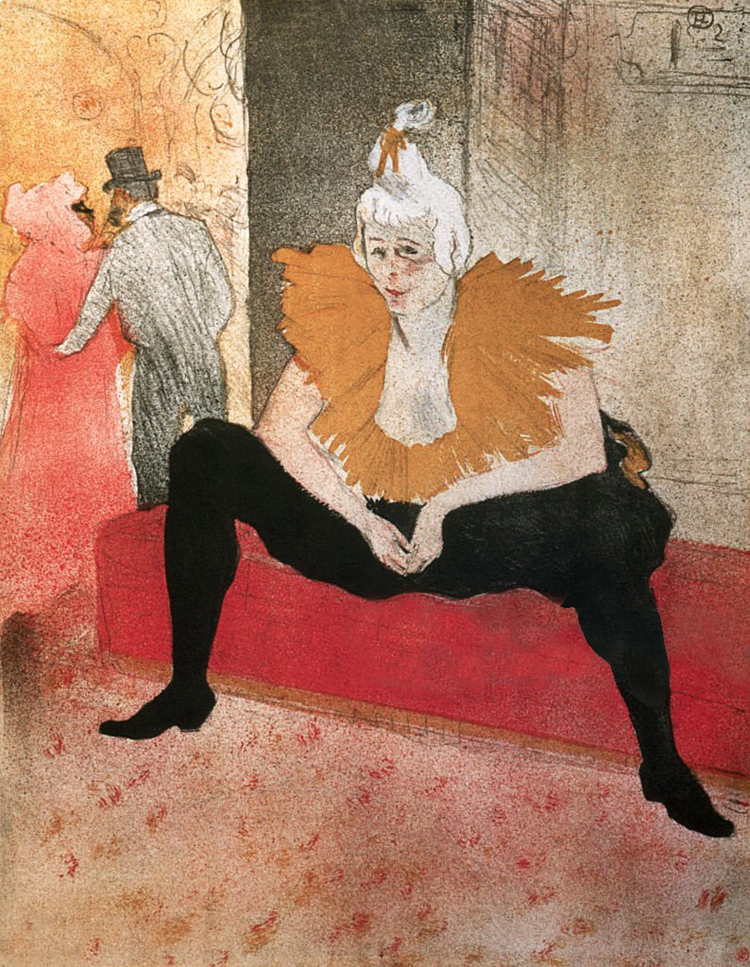by Millicent Borges Accardi (April 2024)

Catch out the God
–
In you first. You have to catch
Out the god before you
are crossed and exorcised
In such a way as to X out the past
Feelings of god and you and what
The heck this all means. An astonishment
Of those days spent praying and holding
In the middle of a deep round of
Hypnosis and reaching. You were told
Not to reach but you did and the journey
Was steep and there was more time you
Spent on figuring the difficult things out
Passages that made no sense on the page
Even when you didn’t want or expect to
Understand, you tried. And, when no one
else was around to put a check mark
next to your name when you checked out
of the world, you vied and dropped
to your knees and hoped for the worst,
unlike everyone else who beckoned to
the best side the sunshine of everyone’s
street. So, contrary to disrespect and new
to what being stoic means, you were reaching and
Crossing, reciting the song about the river
Gathering you up in its clutches when you
realize that no one was noticing.
You were doing all these things to shake
And tremble with faith—and you wanted
To approach the apex of leaping. It was true
that you wanted to believe in how it was
When you finally catch out the god
Inside you and persevere and persevere.
All the Night
from Psalm 6 “make I my bed to swim; I water my couch with my tears”
–
The ceremony of speech, an annoyance
to long nights ending who end at 7am
when the hubris of light comes upon
the backyard view from my couch.
The uncertainty of darkness, taken
into the prone body once again.
Each night with its own uncertain
annoyances, full of deceit and the brand
of riddles held back by a moody disposition,
a person who says, “No, thank you.”
Derisions held in place by gentle weeing.
A blank offering for a blank time when a day
held tight comes in faster than it should,
as errands initiate, interact and intertwine
only when others from the outside
arrive back from journeys, tired and steeped
inside the normalcy of work and paper
money. They want more than you can give,
fortified by sameness of the very opposite
of solitude, a backwards stint of business
penance, akin to, say, the noise of sinking
into defeat like cushions pressing into a wooden frame
as the hours dwell inside me, now, empty
like guest rooms, grateful for the lack
of use, so many reasons to climb out
of the poetics of this dilemma, every day,
the standard of being without, without
builds up the animosity, an ending without
being finished. It is in this uncertainty
that we allow continuation, taunt stillness
that bends away from the dirt of ever-after
conversations, dull topics overlooked and underdone,
that we reason with quite clearly. and try to cherish.
Try to keep. Like, “I love my gay son” and “How very.”
The verses thrown like voices between trusty beliefs
that we used to hold close, written prayers held far
away from solid skin and guilt that presses down
when we walk on dry grass, when life, as we
know it is merely a temporary stay.
Freedom Day
–
They’d seen it all turn from freedom
to quiet church celebrations where
we lifted our voices to sing over church
buffet food in a church parking lot,
refreshments, alongside service
celebrations of how it all happened
over red velvet cake, and Juneteenth
strawberry pie in a square tin.
Confidence, as a crutch, we’d seen it
all, leading down the white lines
in the trafficked road to
contentment and calm.
Inside the jumpy, shocking, sulky
truth of our spotless lives,
made full and fast and dangerous
because of who we are and were
And it makes for a full cut
of super-seeded nationalism, a line drawn
down the middle in a country
that celebrates the 4th of July and
Groundhog day with much more glory,
Juneteenth, a myth for the rest of our lives,
a vision, stark of deadness, like a lack
of clarity, like uncut stones on an altar,
we are still a felony walking.
As if they hadn’t already taken
enough. They’d watched it all turn like earth
in a drought, eclipsed by the struggle.
I am not the person to tell this story,
radiate and witness the country,
glorious inside. This story of hot links
dyed red and barbeques with Big Red
Soda and confederate hibiscus tea.
Table of Contents
Millicent Borges Accardi, a Portuguese-American writer, is the author of four poetry collections, including Quarantine Highway (FlowerSong Press) and Only More So (Salmon Poetry, Ireland). Among her awards are fellowships from the National Endowment for the Arts (NEA), Fulbright, CantoMundo, Creative Capacity, California Arts Council, Foundation for Contemporary Arts (Covid grant), Fundação Luso-Americana (Portugal), and Barbara Deming Foundation. She has recent poems in Salamander, TAB, and North Dakota Quarterly.
Follow NER on Twitter @NERIconoclast
- Like
- Digg
- Tumblr
- VKontakte
- Buffer
- Love This
- Odnoklassniki
- Meneame
- Blogger
- Amazon
- Yahoo Mail
- Gmail
- AOL
- Newsvine
- HackerNews
- Evernote
- MySpace
- Mail.ru
- Viadeo
- Line
- Comments
- SMS
- Viber
- Telegram
- Subscribe
- Skype
- Facebook Messenger
- Kakao
- LiveJournal
- Yammer
- Edgar
- Fintel
- Mix
- Instapaper
- Copy Link






